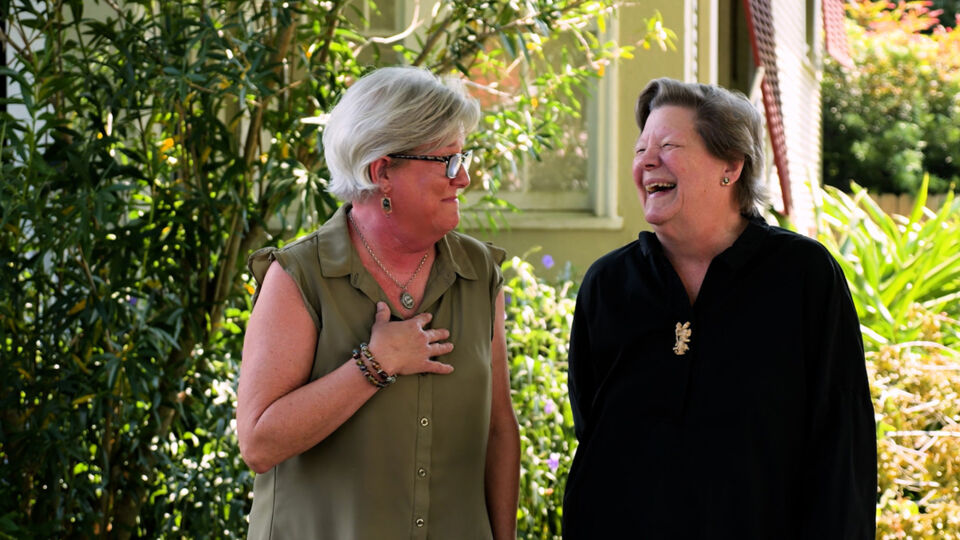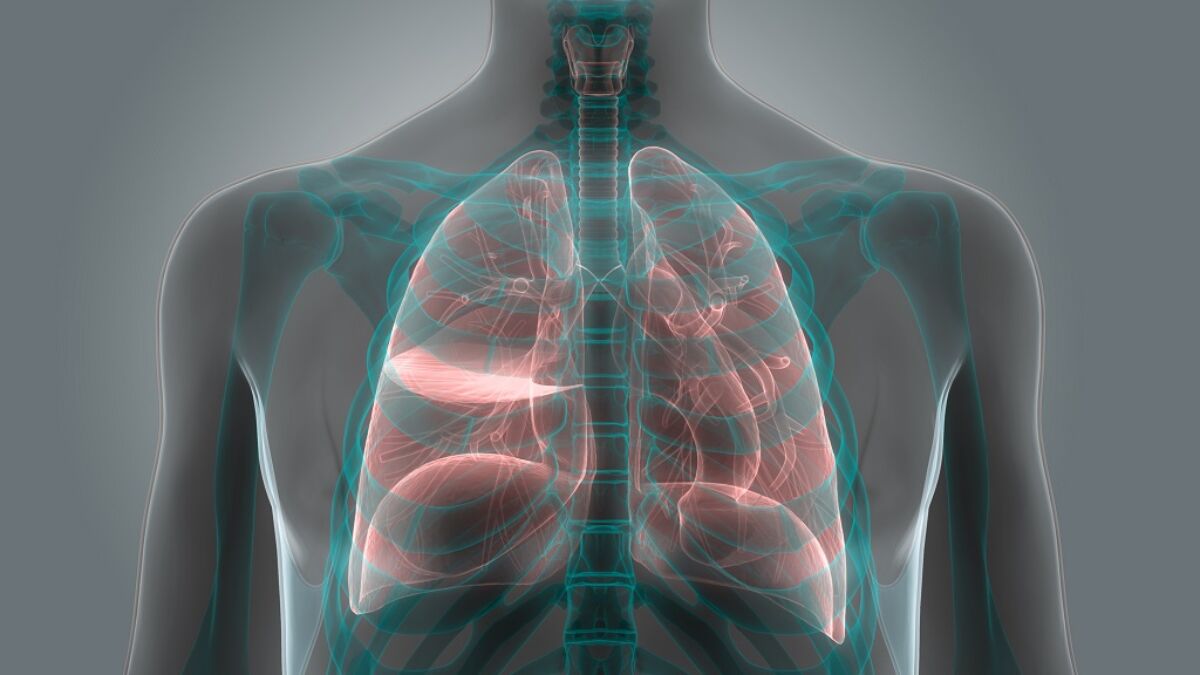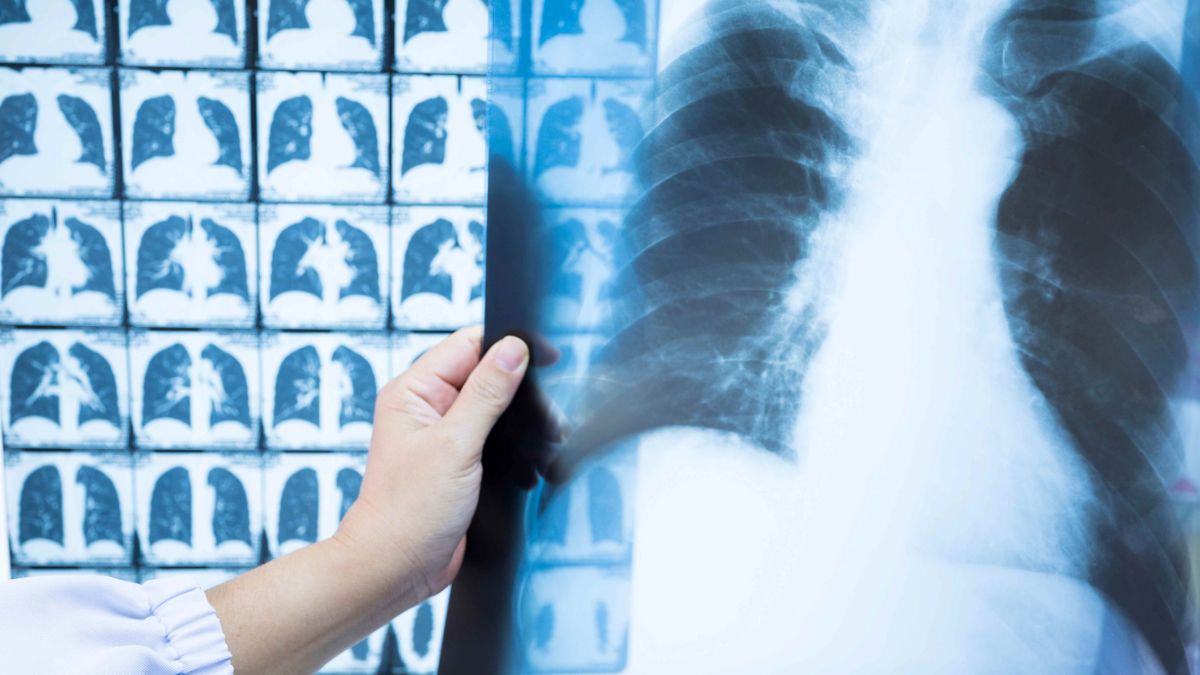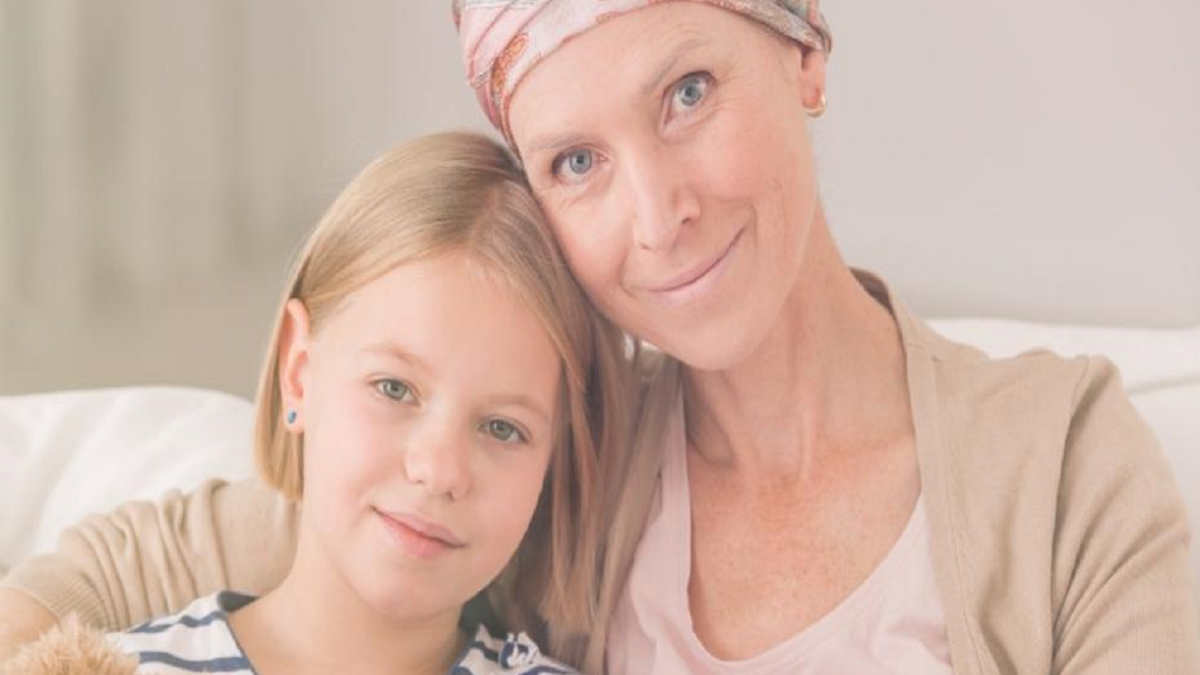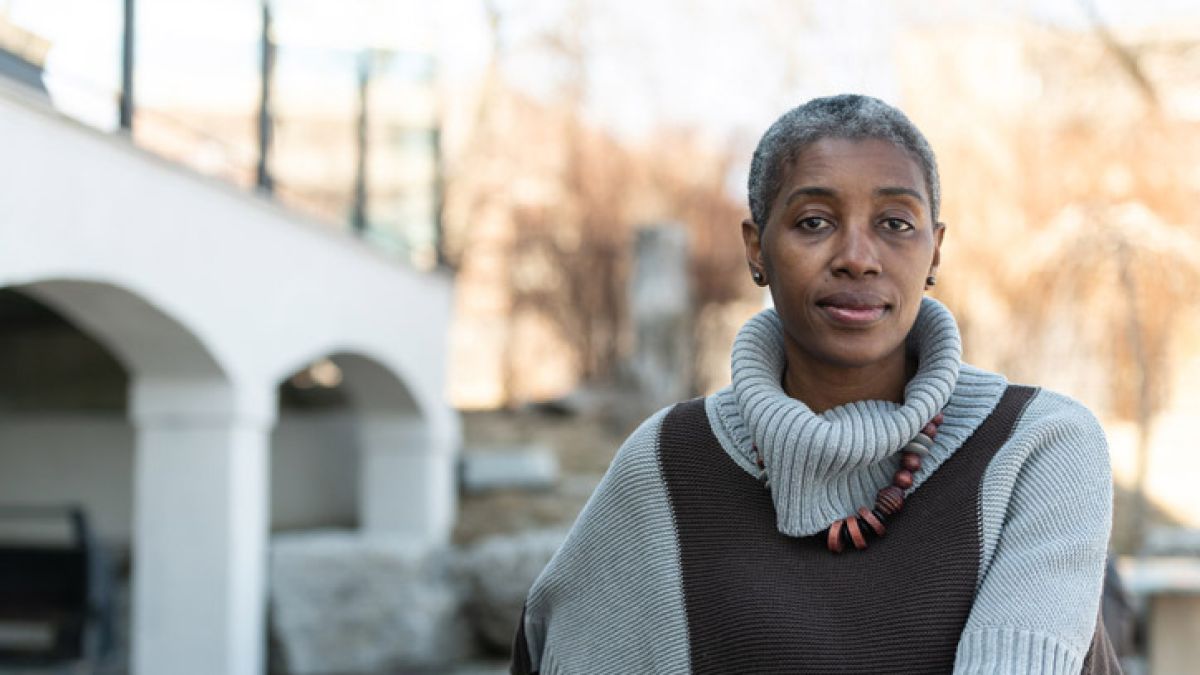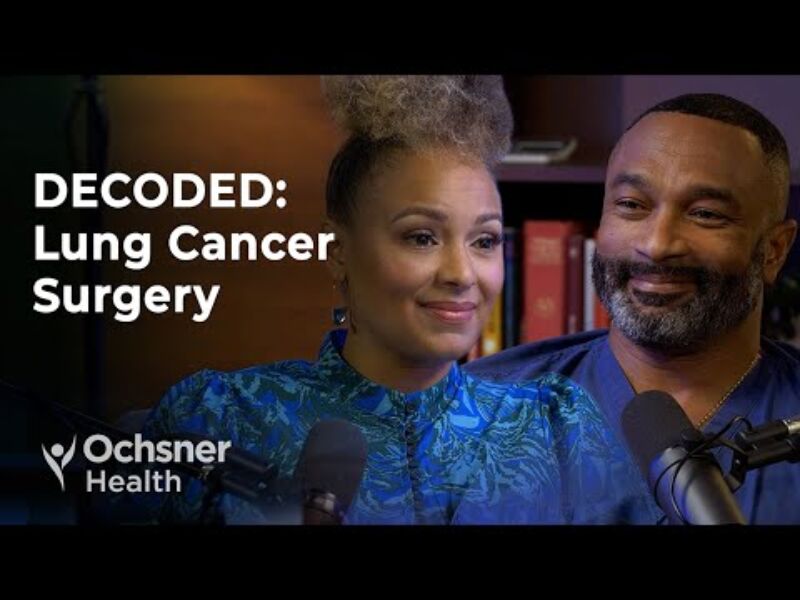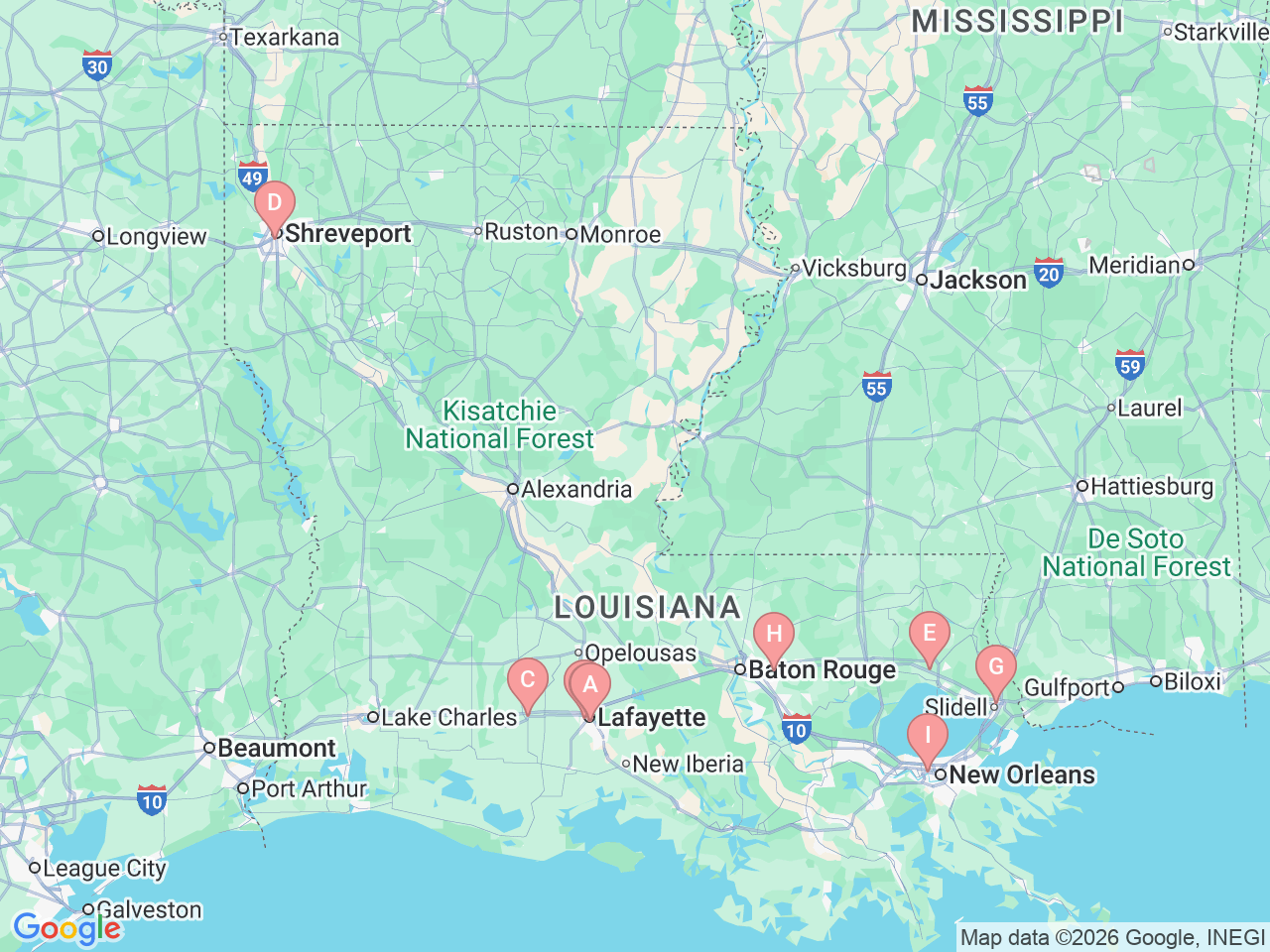Why choose Ochsner Health for lung cancer care?
As the largest lung cancer program in the region, Ochsner Health offers the latest, most advanced diagnostic and treatment options for lung cancer patients in Louisiana.
Our teams in New Orleans, Baton Rouge, Covington, Lafayette, Crowley and Shreveport, Louisiana are experts in lung cancer treatment, including robotic surgery, ablative radiation therapy (radiation that destroys a tumor) and targeted chemotherapy.
Ochsner was the first hospital in Louisiana to offer robotic-assisted bronchoscopy for lung biopsy. We also conduct and participate in leading-edge clinical trials to continue to push research forward and develop newer and better ways to prevent, diagnose and treat all forms of lung cancer.
With our single-event anesthesia program, we are able to diagnose and treat lung cancer on the same day. This helps patients avoid weeks of diagnostic tests followed by treatments.
Our nationally recognized lung cancer program has been designated as a "High Performing" hospital by U.S. News & World Report for lung cancer surgery, and our radiation department is accredited by the American College of Radiology.
